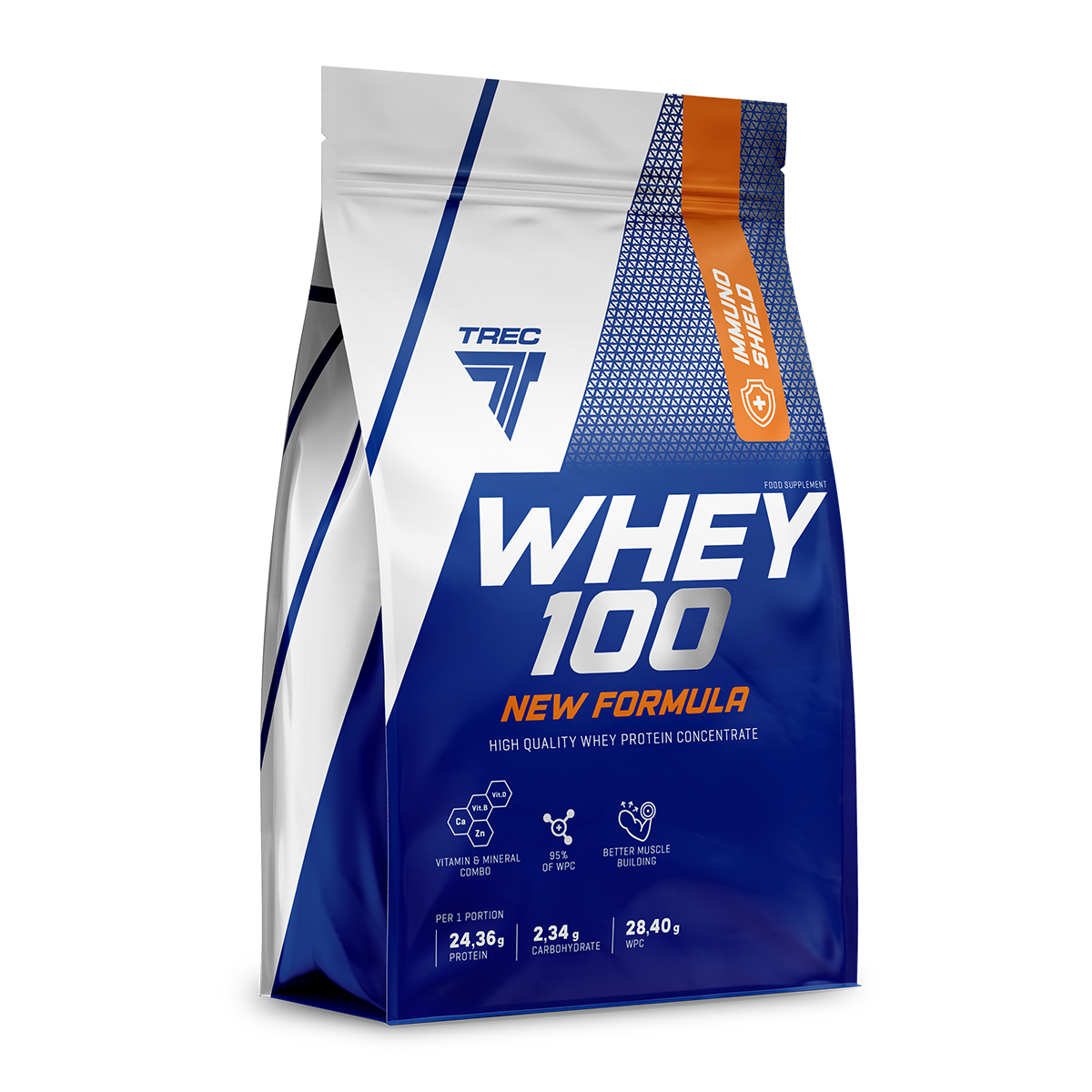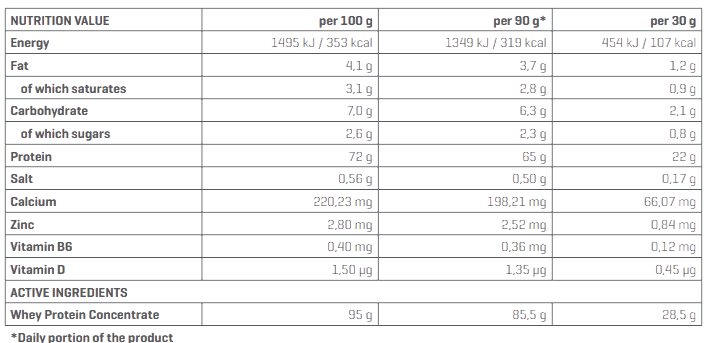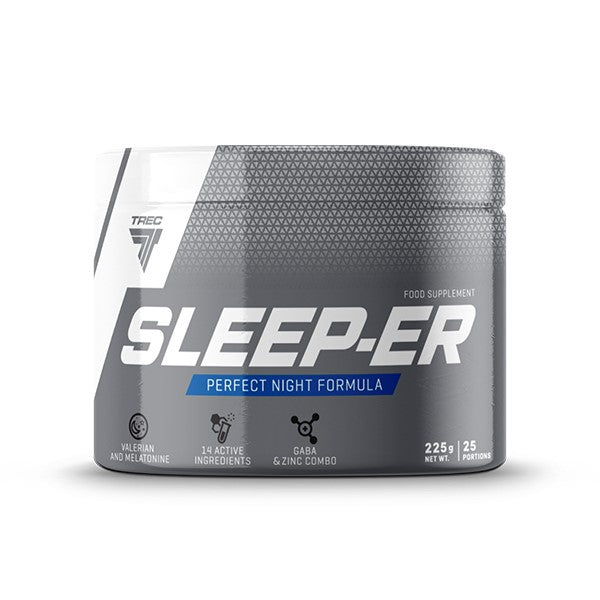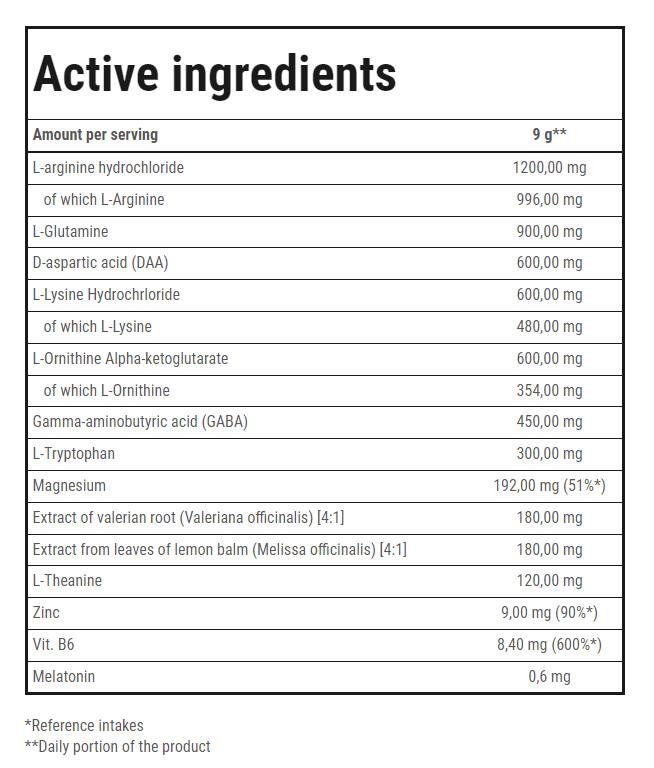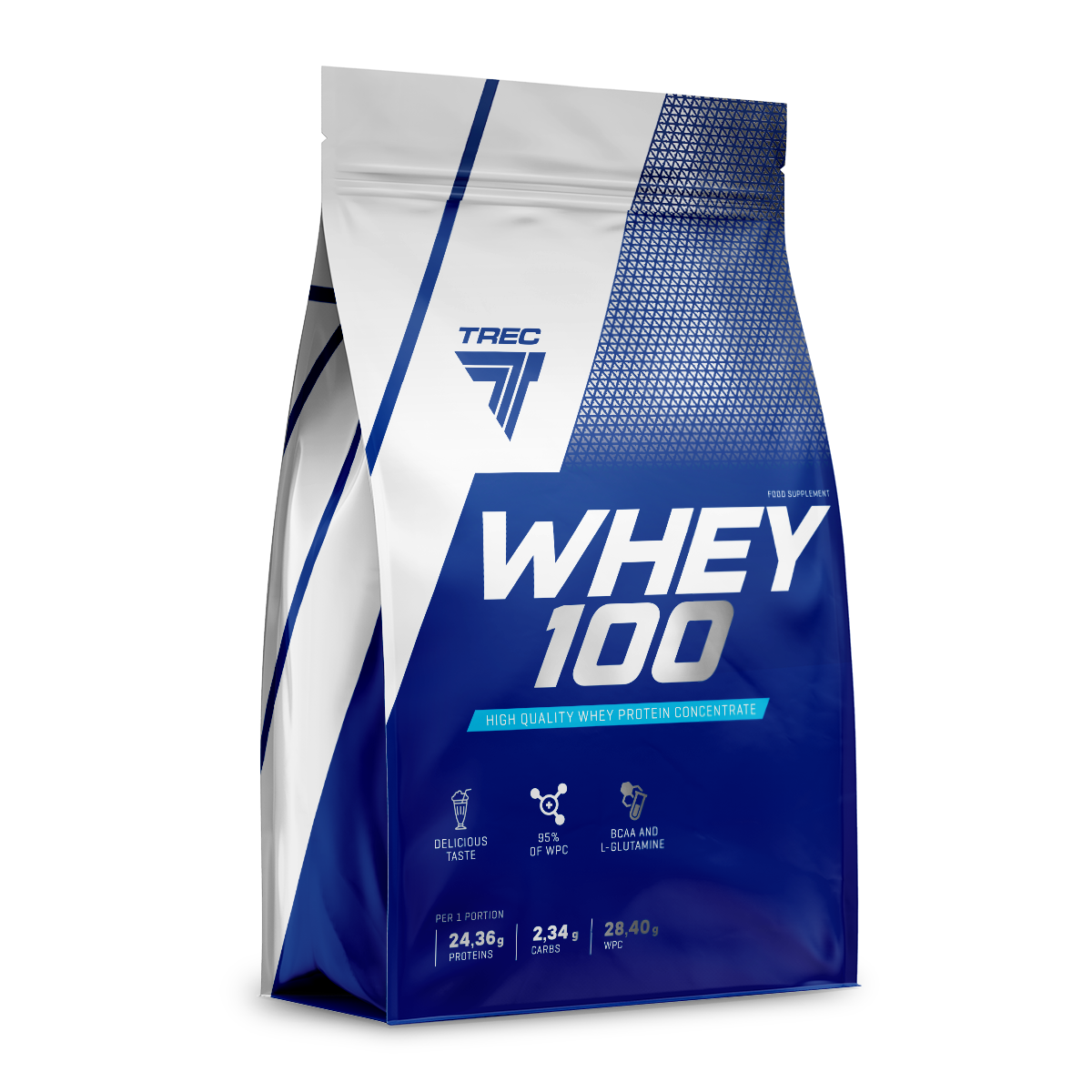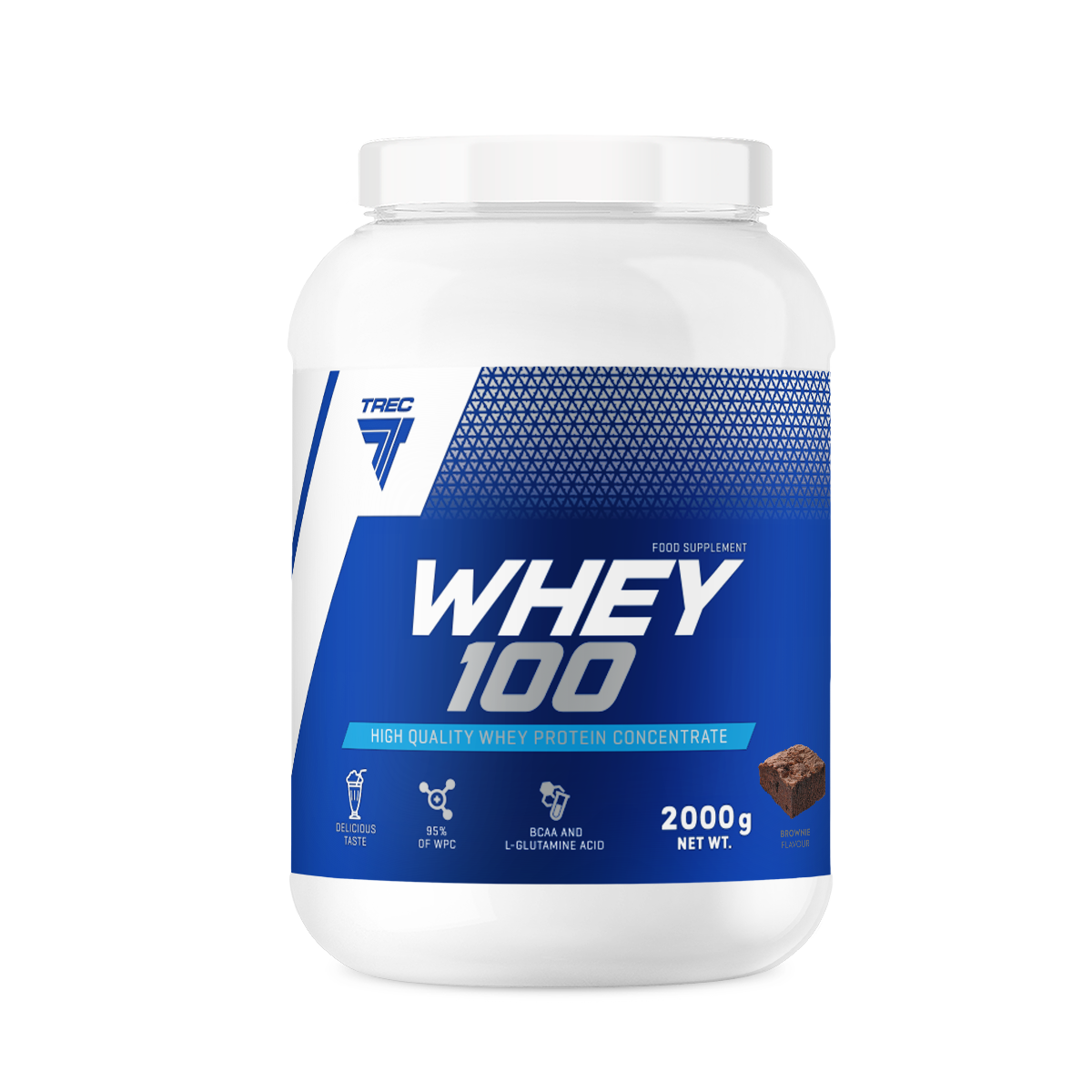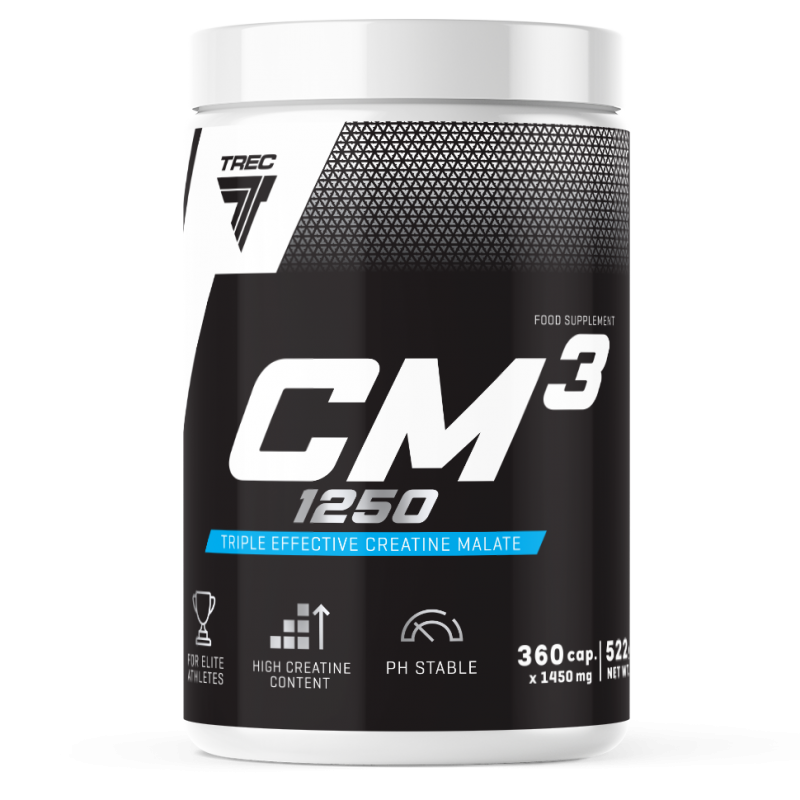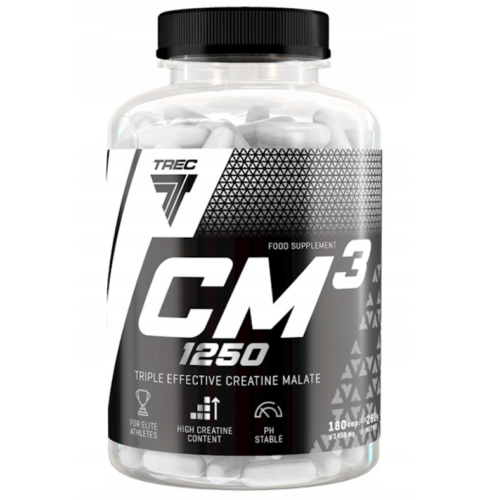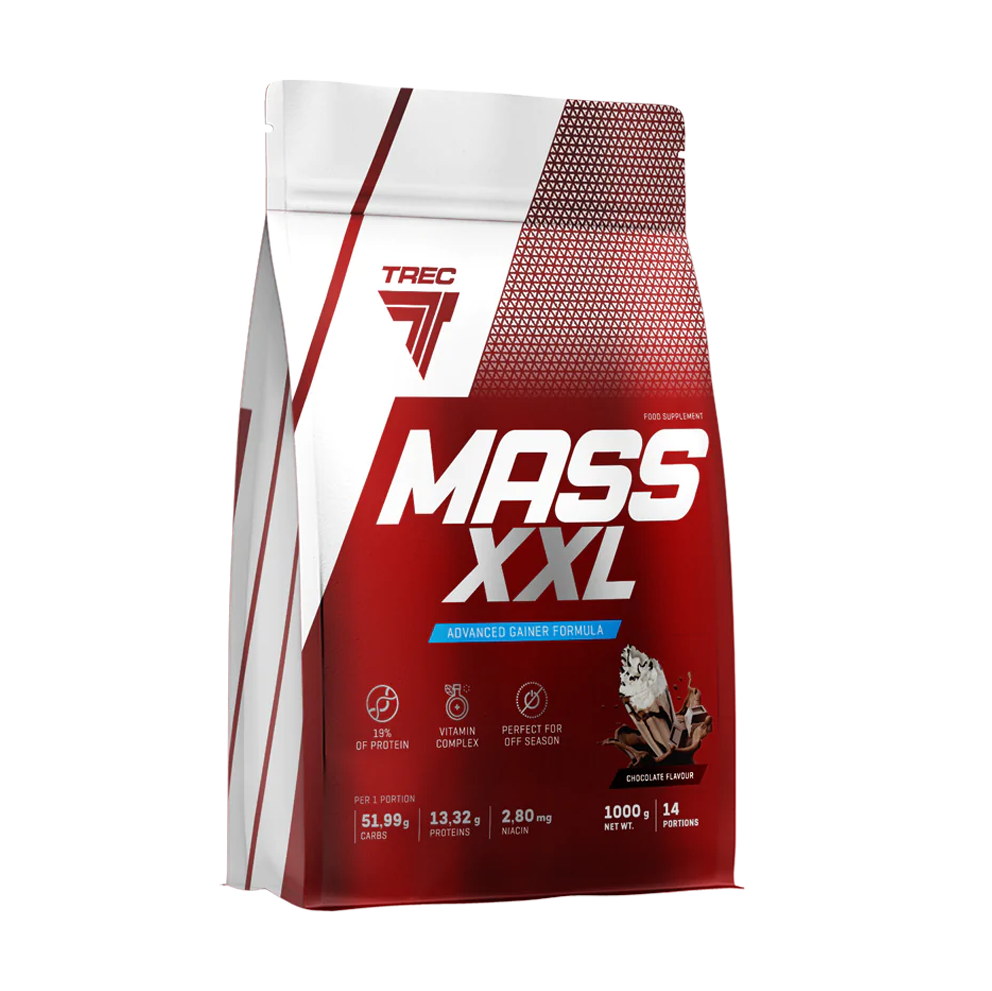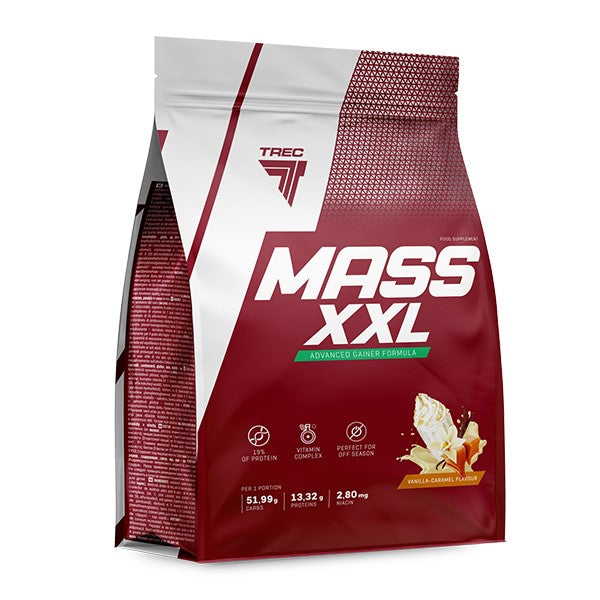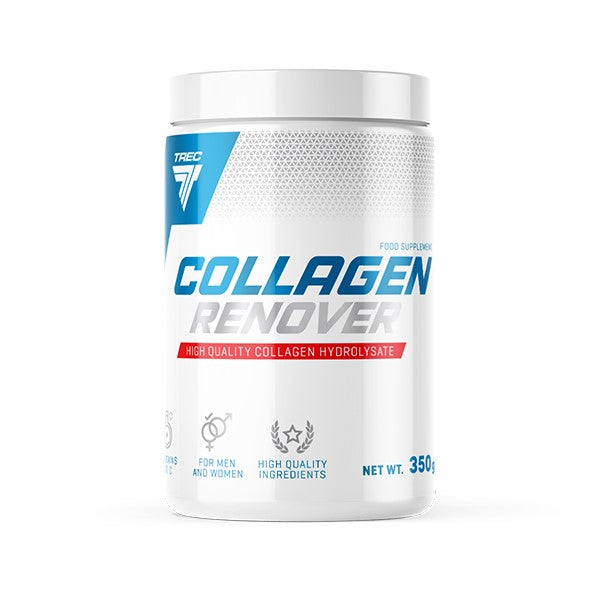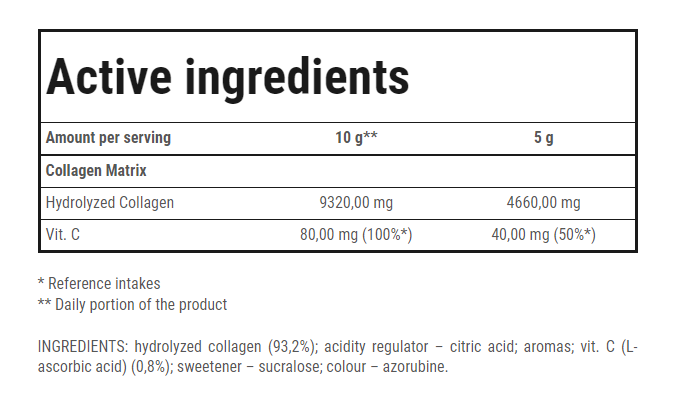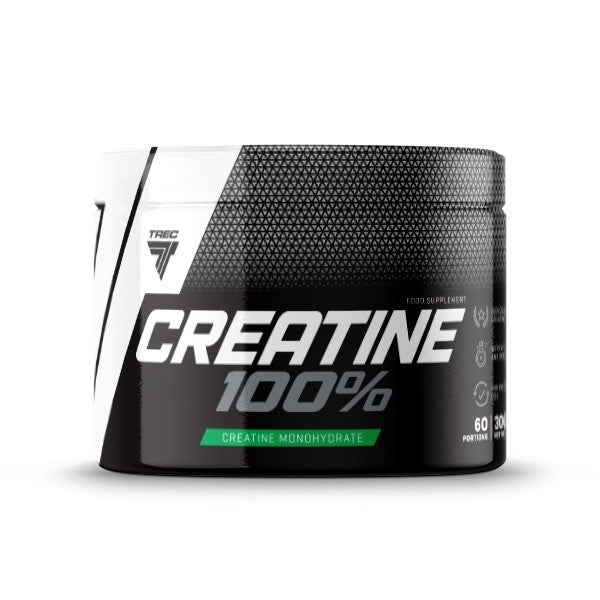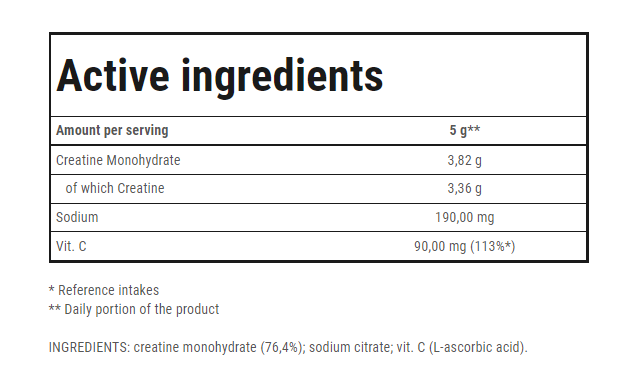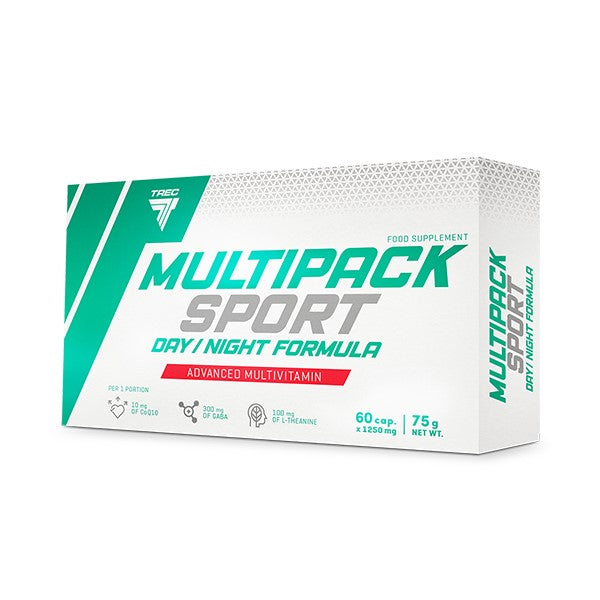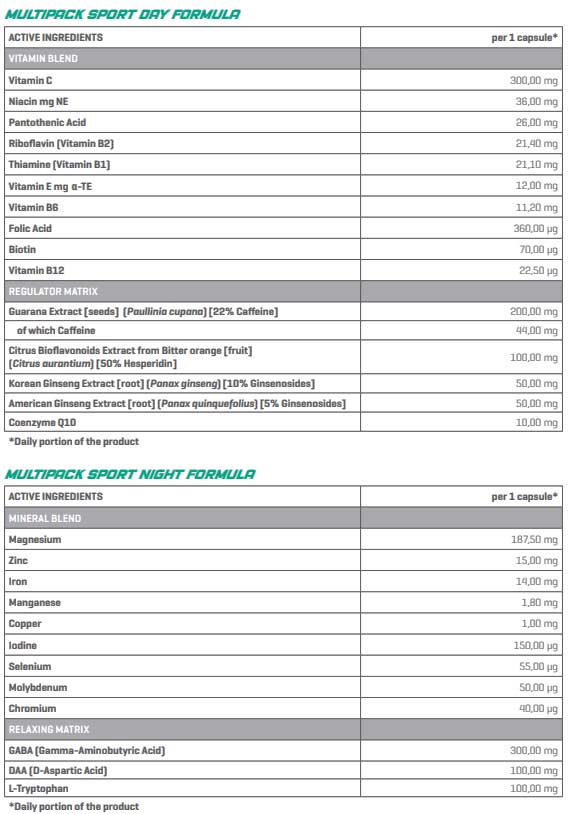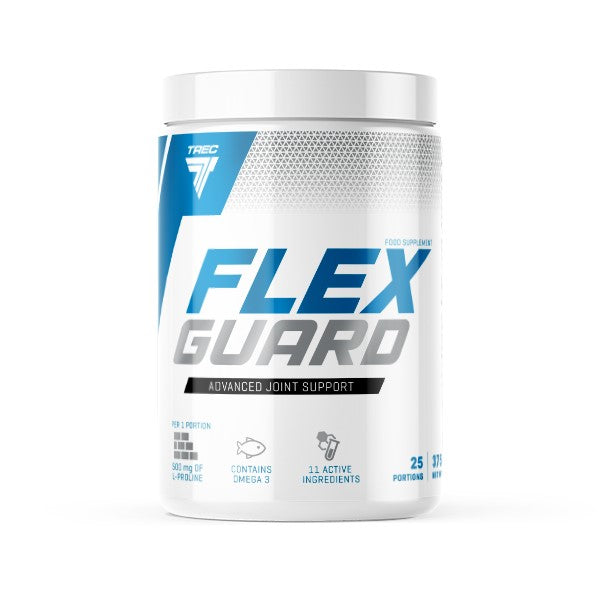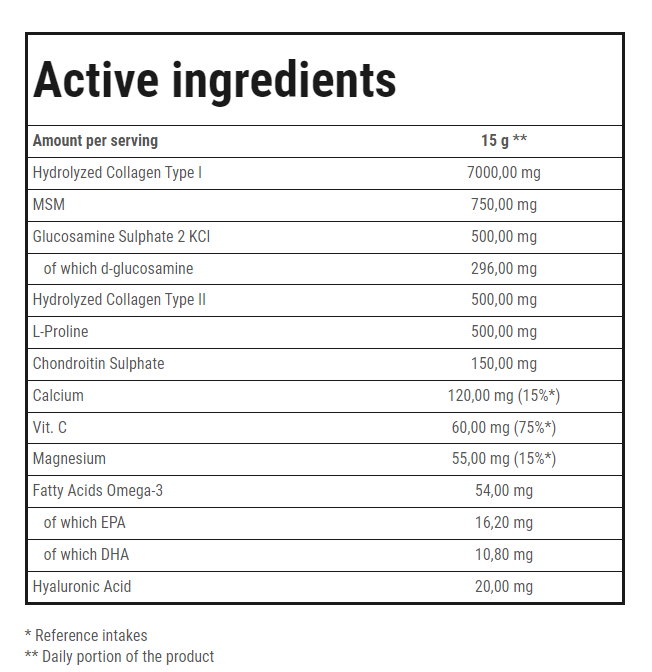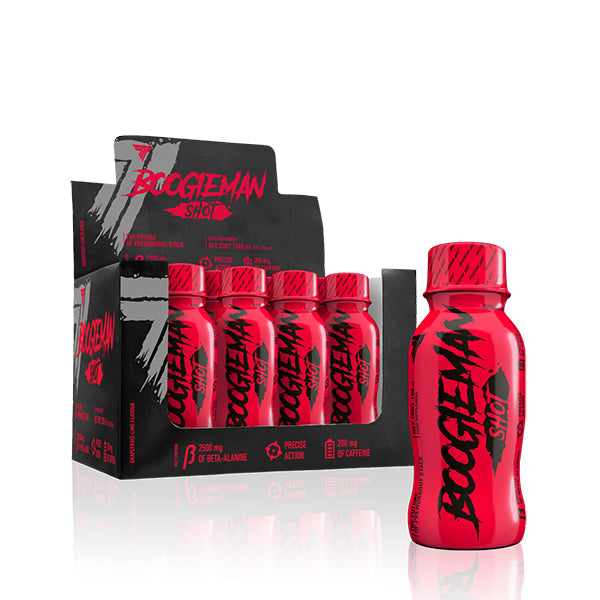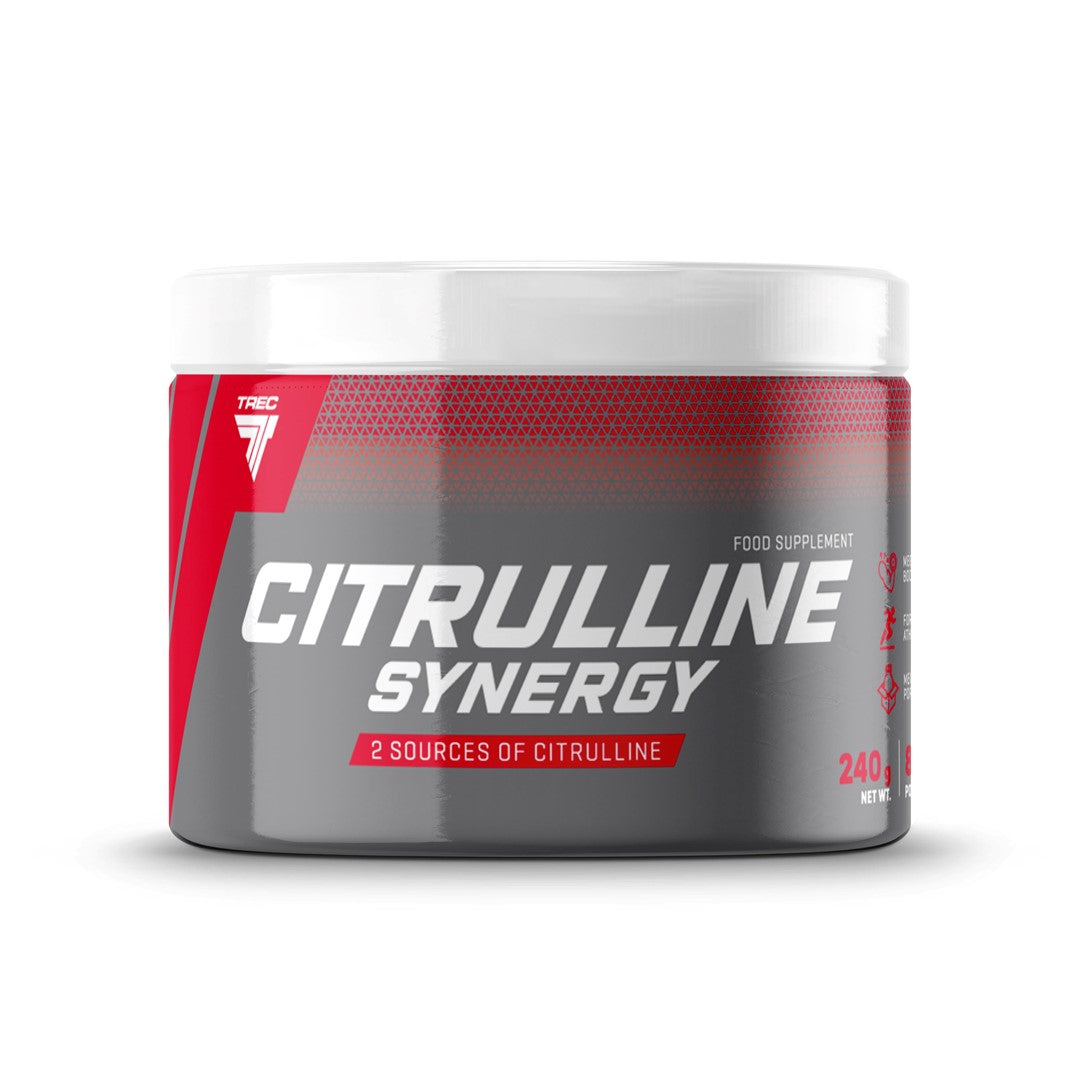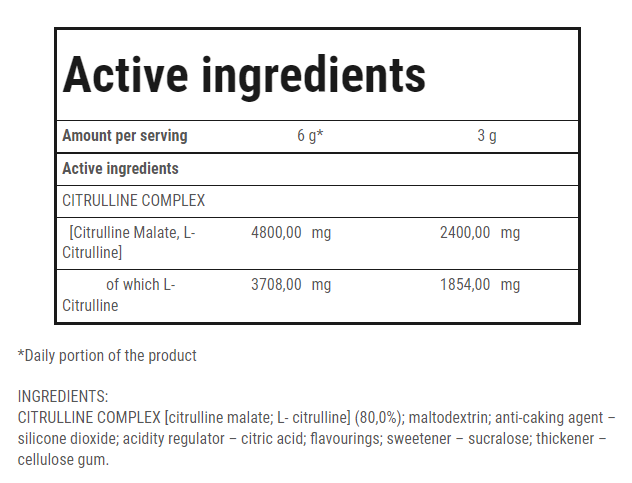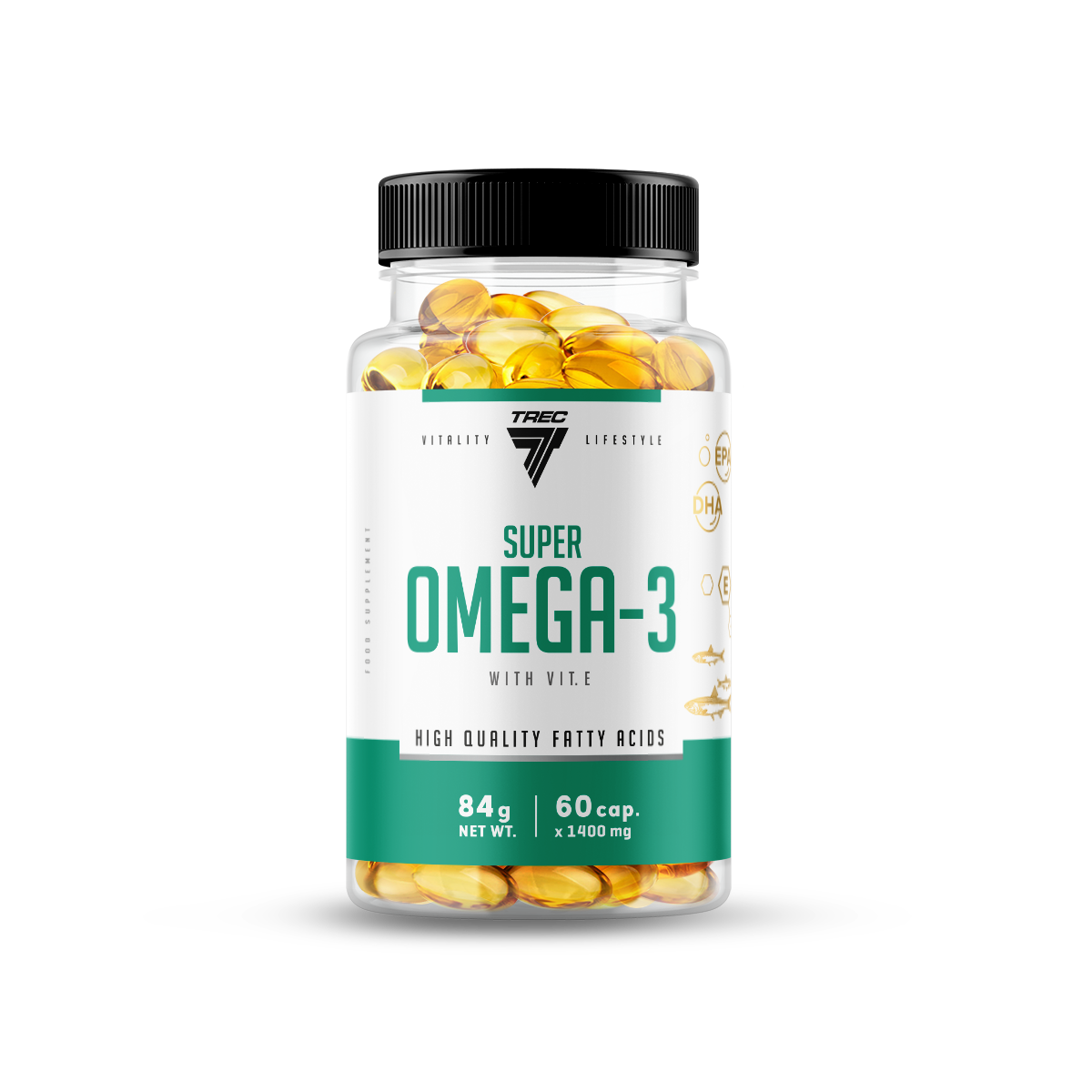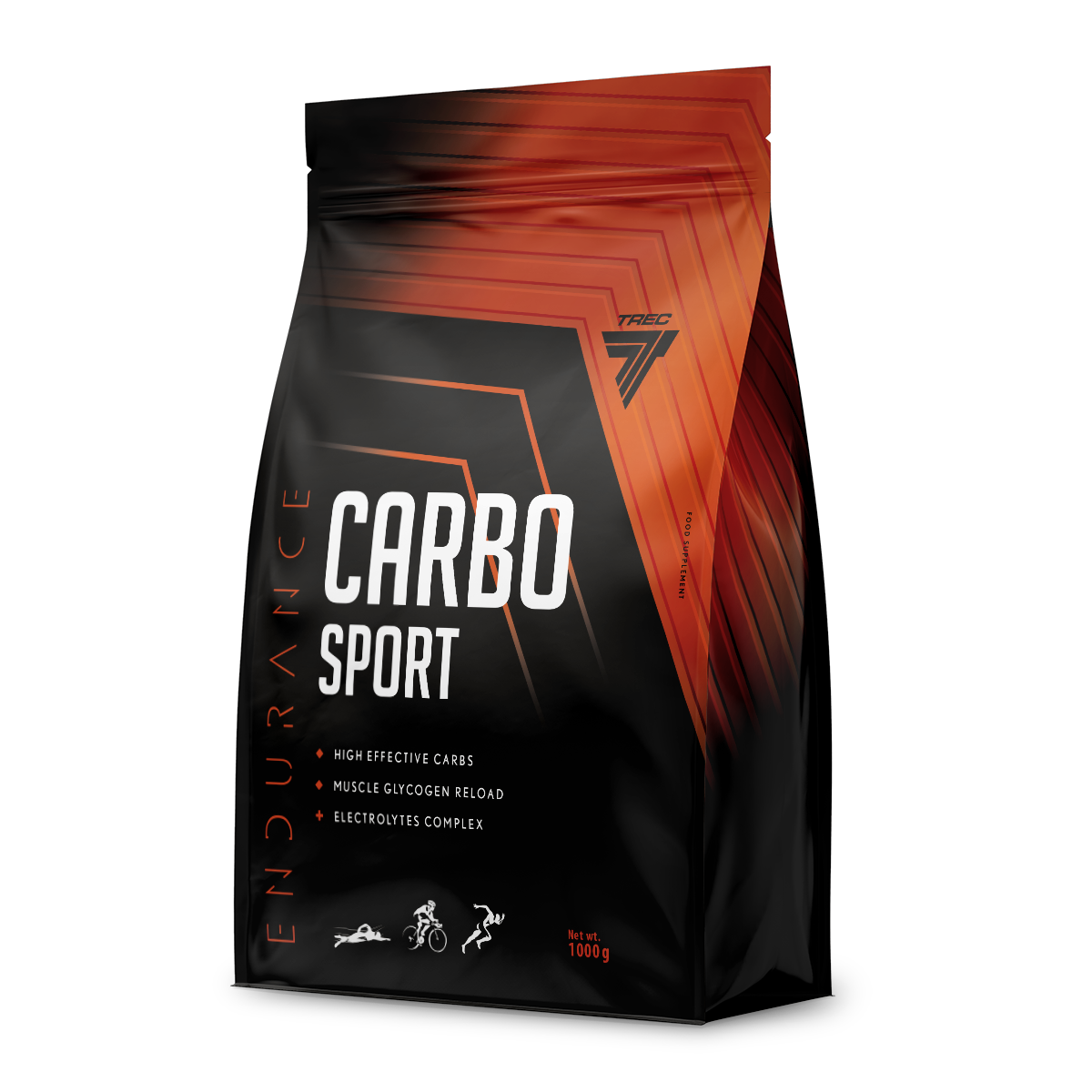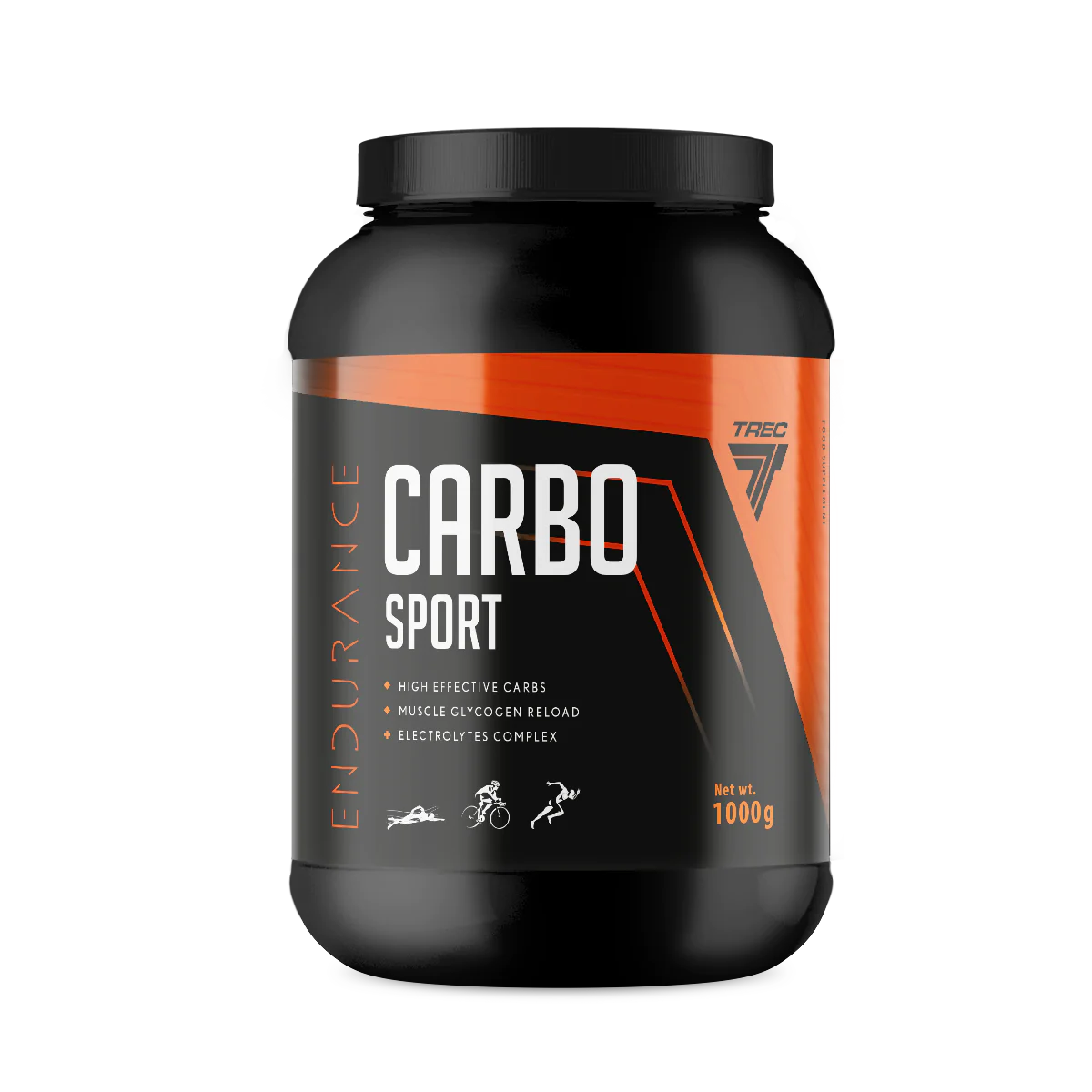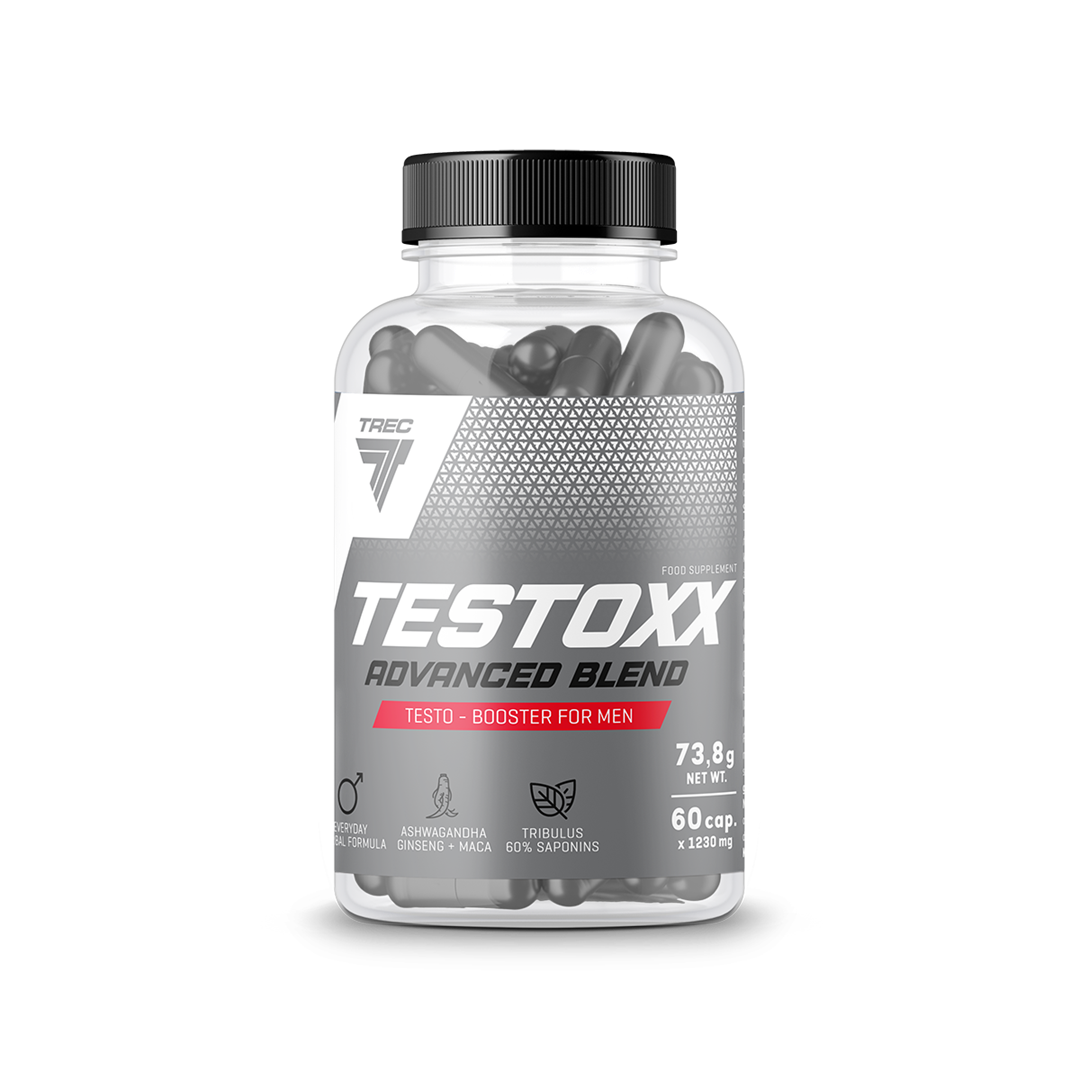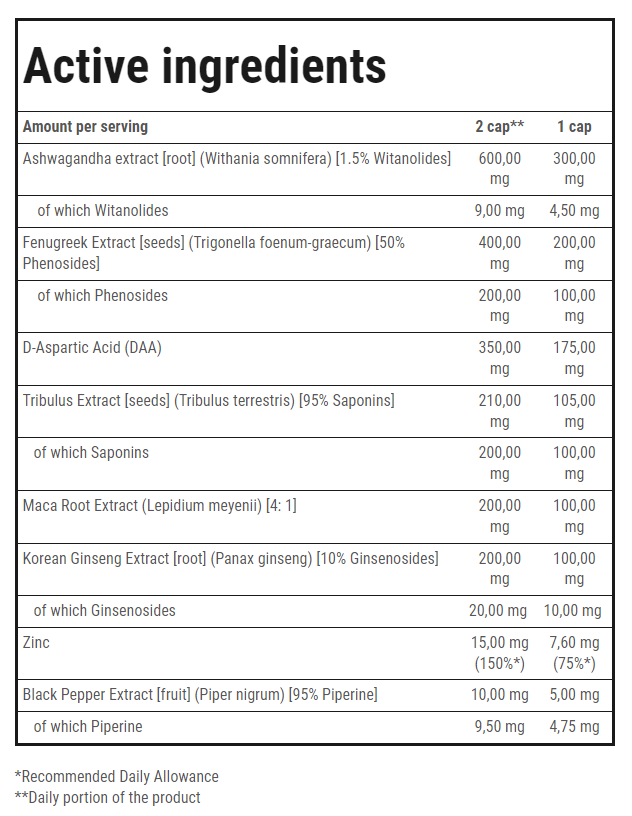
How Much Protein Should You Consume Daily?

How Much Protein Should You Consume Daily?
To begin, let's delve into the essence of what protein actually is. Protein, also known as "proteins," is one of the fundamental macronutrients in our diet. Chemically, proteins are composed of oxygen, nitrogen, carbon, hydrogen, nitrogen, phosphorus, and sulfur.
Proteins are classified into:
- Simple proteins - primarily composed of amino acids.
- Compound proteins - composed not only of amino acids but also non-protein substances like carbohydrates, lipids, etc.
Proteins play various roles, including supplying essential amino acids, fostering tissue growth, producing antibodies, hormones, and enzymes (as building blocks), and facilitating muscle mass growth.
WHY CONSUME PROTEIN?
We often hear that protein is crucial in our diets, but why exactly? Protein's importance lies in its intricate metabolic processes. Protein turnover involves its synthesis and breakdown.
Remember, the most vital need of the human body is energy, without which proper functioning is impossible. When we don't receive sufficient energy from fats and carbohydrates, the body turns to protein for energy, disrupting protein metabolism.
Moreover, consider that protein forms the foundation of every cell in your body. Without protein, there's no growth, no development, no cellular immunity, and no tissue repair. The importance of protein is virtually boundless.
For athletes, proteins hold paramount significance. Those engaged in muscle-building, for instance, can't achieve their goals without a higher protein intake.
EXCESS AND DEFICIENCY OF PROTEIN IN THE DIET
After understanding the significance of proteins in the body, it's easy to see that a protein deficiency leads to discomfort and health repercussions.
A protein deficiency can lead to malnutrition, resulting in:
- Extremely low body weight.
- Muscle and fat tissue wastage.
- Decreased immunity.
- Anemia.
- Digestive, absorption, breathing, and circulatory disorders.
- Inhibited growth in children.
Often, protein deficiency accompanies deficiencies in other nutrients, although this isn't a rule. Moreover, malnutrition can manifest in mild or severe forms.
Excessive protein intake can potentially trigger excessive protein catabolism, using protein for energy. However, most scientific sources indicate that consuming too much protein isn't extremely harmful. It's better to avoid extremes in protein consumption, as excessive intake may indirectly increase the risk of osteoporosis, acidosis, or kidney stones.
In conclusion: moderation is key. Neither too much nor too little protein should be consumed. So, how can you provide your body with optimal protein without going to extremes?
MINIMUM DAILY PROTEIN REQUIREMENT
Determining daily protein requirements is complex, depending on factors such as amino acid composition, nitrogen balance, and energy status. Plus, age, health condition, physiological state (e.g., pregnancy, lactation), body weight, and physical activity level add to the equation. Estimating protein requirements can be challenging, but there are general guidelines for average protein intake.
DAILY PROTEIN REQUIREMENT BASED ON LIFESTYLE
For active individuals engaging in strength and endurance training:
- Daily consumption of 0.8g - 1g of protein per kilogram of body weight is generally recommended.
Different norms apply to highly active individuals. Protein intake for athletes is a pivotal topic. When discussing "athletes," we refer to individuals who engage in regular, high-intensity physical activities, often focusing on endurance and strength. If you commit to such intensive physical activity, you must have the fundamental knowledge to help you achieve your goals without causing harm.
Three basic principles dictate protein intake to achieve specific goals:
- During muscle-building phases, protein intake should be higher. Those aiming to gain muscle mass should consume 2g to 2.5g of protein per kilogram of body weight daily.
- During fat reduction phases, protein intake should be around 1.6g per kilogram of body weight daily.
- On non-training days, a sportsperson's daily protein intake should be around 1.5g to 2g per kilogram of body weight.
Often, the question arises whether individuals engaged in mild physical activities need to increase their protein intake. In such cases, higher protein intake is usually unnecessary.
BEST SOURCES OF DIETARY PROTEIN
The ongoing debate between "carnivores" and vegans/vegetarians regarding protein sources is well-known. Meat-eaters and those consuming animal products often doubt the value of plant-derived proteins and their ability to substitute for meat. On the other hand, vegetarians and vegans question the logic of consuming meat when this valuable macronutrient can be obtained from plants. How then can we untangle this conflict? Who's right?
Animal vs. Plant Protein?
The common belief in the superiority of animal-based proteins over plant-based ones likely stems from the research conducted by Osborne and Mendel in 1914. Their study monitored the protein needs of growing rats and concluded that these animals grew faster when fed animal-based protein. It's worth noting, though, that human protein requirements differ from those of rats, and relying on these results to form arguments isn't entirely valid.
Animal protein sources include meat and dairy, while plant protein sources are diverse. Plant-based protein can be found in soy (including tofu), rice, amaranth, beans, peas, lentils, and even specialized plant-based products that mimic the taste or consistency of meat. Such products are increasingly prevalent in the market and are gaining popularity among consumers.
Research, such as studies by Mariotti and Gardner, suggests that vegans may be at risk of consuming too little protein. However, this is a probability, not certainty. To get a clear picture, more data and research are needed to accurately assess this threat. The situation differs among vegetarians, with a lower risk of protein deficiency. This might be attributed to dairy consumption, a common practice among vegetarians, unlike vegans.
PROTEIN SUPPLEMENTS - THE IDEAL SOURCE
Protein supplements offer a reliable protein source. For those who tolerate lactose and animal-derived protein, there are numerous options available. In Trec Nutrition's range:
- Whey protein concentrates (WHEY 100, WHEY 100 NEW FORMULA, BOOSTER WHEY PROTEIN, BOOGIE WHEY, HIGH PROTEIN SHAKE).
- Whey protein isolates (ISOLATE 100, BOOSTER ISOLATE PROTEIN).
- Casein (CASEIN 100).
- Egg white protein (LIQUID EGG WHITES).
For those who prefer plant-based products, we offer the SOY PROTEIN ISOLATE supplement. This product contains soy protein isolate instead of dairy-based whey protein.
Remember to follow the manufacturer's instructions when using protein supplements, as indicated on the packaging! Assuming your daily protein intake comes from both diet and supplements, there's no need to increase supplement intake without reason. If you're consuming the recommended amount of both diet-based and supplemental protein, you don't need more.

